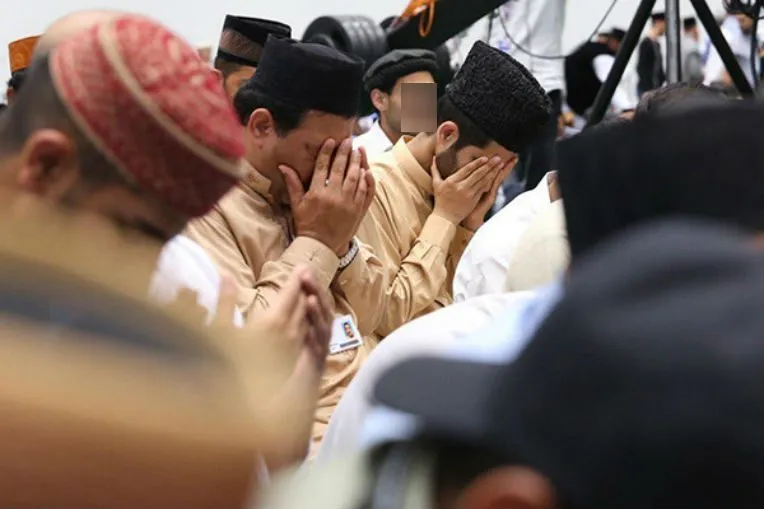Algerian authorities must release immediately and drop all charges against several members of the Ahmadi minority religious group, who were arrested recently for peacefully exercising their right to freedom of religion, said Amnesty International in a press release issued over the weekend.
On 6 June 2022, the First Instance Tribunal in Bejaia charged 24 members of the Ahmadi group with “participation in an unauthorized gathering” and “denigrating Islam”, under Article 46 of the Law on Associations and Article 144 bis 2 of the Algerian Penal Code, respectively.
“The Algerian authorities have legal obligations to respect, protect, promote and fulfill the right to freedom of religion of everyone in the country which includes those with religious beliefs that are different to the majority. It is outrageous that a group of people find themselves behind bars simply for practicing their faith or for their beliefs,” said Amna Guellali, AI’s Deputy Director for the Middle East and North Africa.
In its 2022 annual report, the U.S. Commission on International Religious Freedom (USCIRF), a bipartisan U.S. government advisory body, has recommended Washington to maintain Algeria on the U.S. Department of State’s Special Watch List for engaging in or tolerating severe religious freedom violations.
The USCIRF, which monitors and reports on religious freedom abroad and makes policy recommendations to the President, Secretary of State and Congress, deplored the deteriorating religious freedom conditions in Algeria with the government increasingly enforcing blasphemy laws and continuing to restrict worship.
The Algerian authorities continue to convict and sentence individuals for blasphemy, proselytization and other offenses related to their religious identity or the practice of their beliefs, stressed the U.S. Commission, decrying the restrictions imposed on religious expression.
The Algerian authorities have also maintained the closure of dozens of Protestant churches, and charged religious minorities with illegally gathering while not providing a legal path for them to worship collectively.



